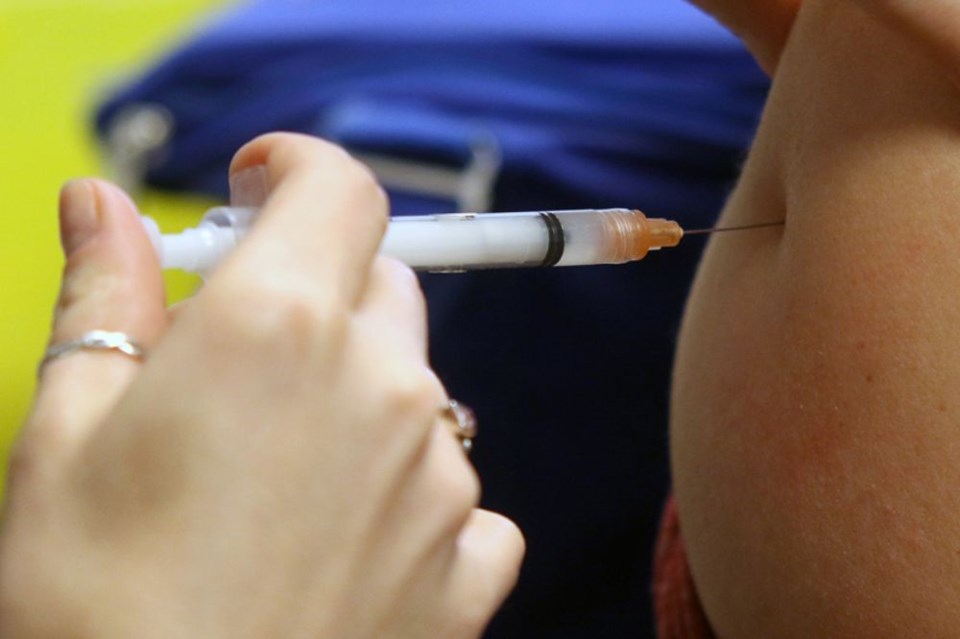Ontarians Reminded to Stay Protected From Vaccine Preventable Diseases
Ontario's Chief Medical Officer of Health is reminding Ontarians to protect themselves and their families against vaccine-preventable diseases this National Immunization Awareness Week.
Dr. David Williams is asking parents to ensure their children's vaccinations are up-to-date. Children must have proof of immunization against certain diseases to attend school in Ontario, unless they have a valid exemption. Parents must also provide records of their child's immunization to their local public health unit, and update the records when a child receives additional doses of vaccine.
To attend school in Ontario, children must be able to show they have received publicly funded vaccines for the following diseases:
• diphtheria
• tetanus
• polio
• measles
• mumps
• rubella
• meningococcal disease
• whooping cough (pertussis)
• chickenpox (varicella) - required for children born in 2010 or later.
Dr. Williams is also reminding adults to ensure they keep their vaccines up-to-date according to Ontario's publicly funded immunization schedule. These vaccines include:
• Tetanus and diphtheria (Td) vaccine every 10 years
• Tetanus, diphtheria and pertussis vaccine: a dose in adulthood
• Influenza vaccine every fall
• Pneumococcal polysaccharide vaccine at age 65.
Adults with special medical conditions or other high risk factors may need additional vaccines. They should talk to their health care provider or local public health unit about other recommended vaccines.
Ontarians thinking about having a baby should also be sure they are up-to-date with their vaccinations. This will protect babies from serious problems as they grow throughout pregnancy, and into their infancy when they are most vulnerable.
QUICK FACTS
• Children who are unimmunized are at an increased risk of disease and may be removed from school during a disease outbreak.
• Vaccines strengthen a person’s immunity to provide protection without the risk of getting the disease.
• Immunization has dramatically reduced diseases that used to kill and disable hundreds of children every year in Ontario, such as diphtheria, polio and Hib (Haemophilus influenza type B).
• Vaccines in Ontario and Canada are studied and carefully and continuously monitored for their safety during development, manufacturing and after they are in public use.
Sign in or register
- Messages
- Post a Listing
- Your Listings
- Your Profile
- Your Subscriptions
- Your Likes
- Your Business
- Support Local News
- Payment History
Registered Users
Already have an account?
New Users
Create a free account.
